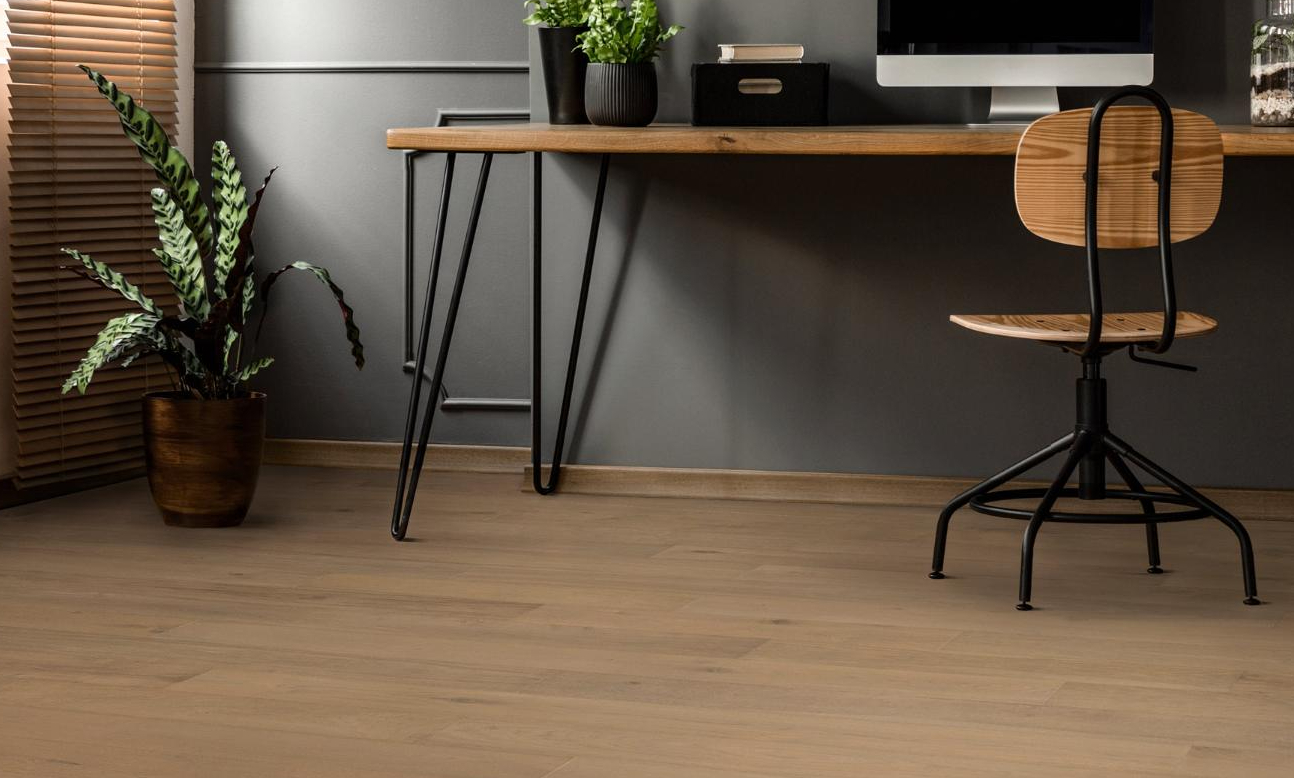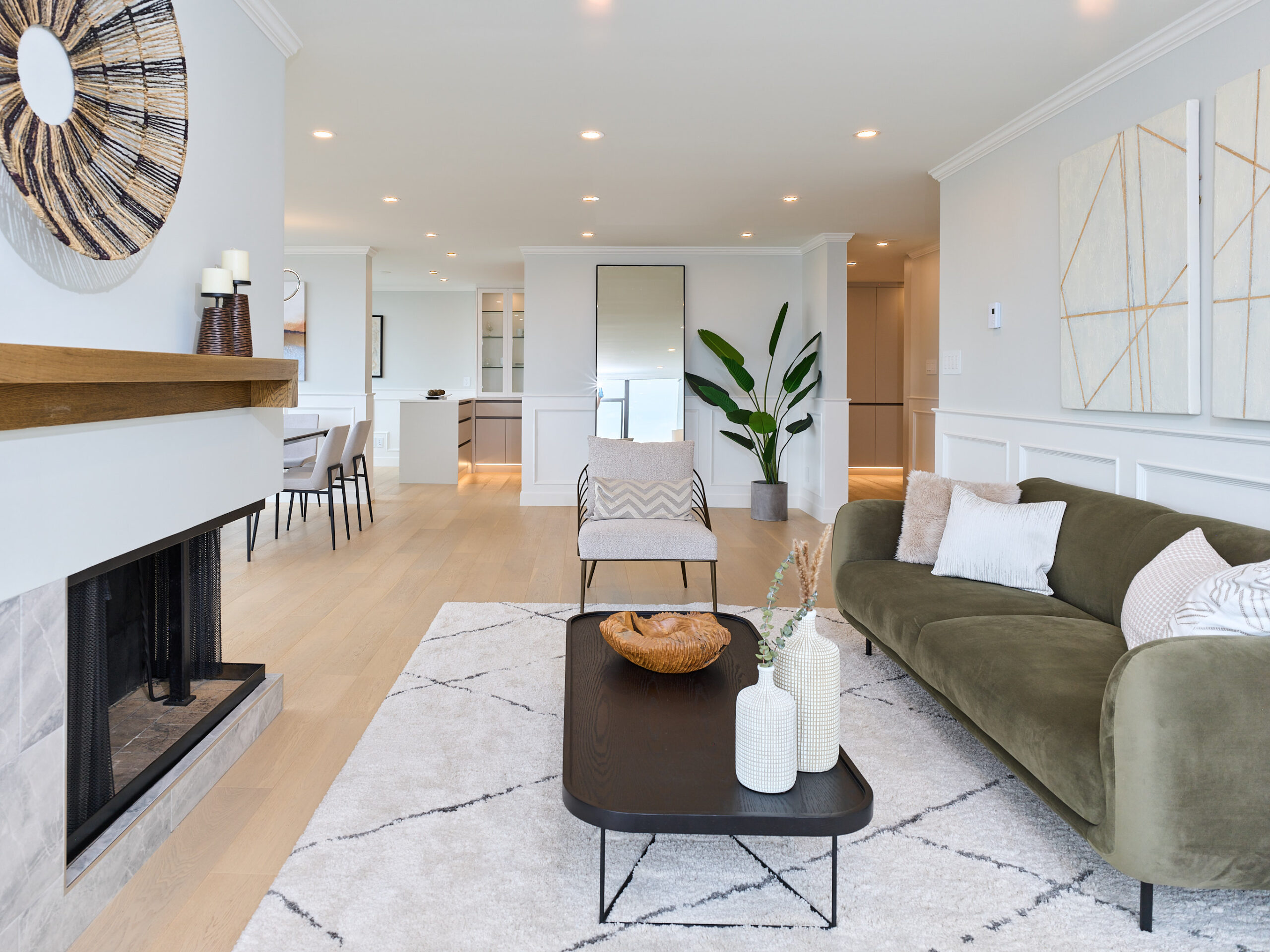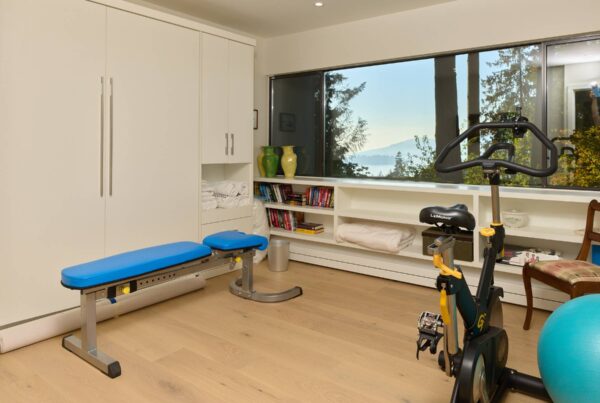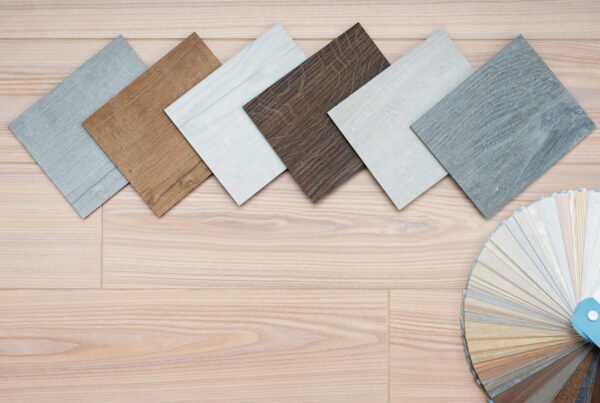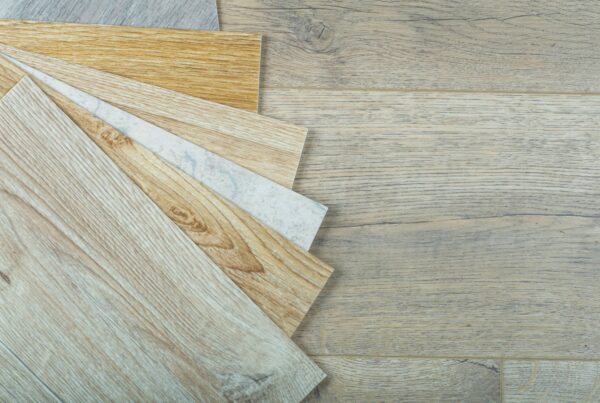When it comes to home renovations, flooring is one of the most significant investments you can make. Whether you’re upgrading your current floors or building a new home, understanding the factors that influence floor pricing can help you make informed decisions. From material choices to installation costs, various elements play a role in determining the final floor price. This guide will explore some lesser-known aspects of flooring pricing, offering insights into making your flooring project as cost-effective as possible.
Factors Influencing Your Floor Price in Today’s Market
The price of flooring can vary significantly based on several factors, including material, design, and location. One key factor is the type of material you choose; hardwood, for instance, tends to be more expensive than laminate or vinyl. The style and finish of the flooring can also impact the cost. More exotic wood species or intricate designs may drive up the price. Another important consideration is the market demand and supply, which can fluctuate with trends and availability. In areas where a particular type of flooring is popular, you might find prices to be higher due to increased demand.
Another aspect that can influence your floor price is the scale of your project. Bulk purchases often come with discounts, so buying materials for a larger area may be more economical than purchasing for a small space. However, it’s important to remember that the quality of the flooring can also affect the price. Higher-quality materials tend to have a longer lifespan, potentially offering better value for money in the long run. Understanding these factors can help you make more informed decisions when choosing flooring for your home.
Understanding the Cost of Flooring Installation for Your Home
The cost of flooring installation can vary widely depending on the complexity of the project and the expertise of the installer. Installation costs are often calculated based on square footage, with additional charges for complex patterns or designs. For example, installing a herringbone pattern can be more labor-intensive and, thus, more costly than a straightforward plank layout. The condition of the subfloor can also impact installation costs. If the subfloor requires extensive preparation or repair, this can add to the overall expense.
Another element to consider is the type of flooring being installed. Some materials, such as tile or stone, require specialized skills and equipment, which can increase the installation cost. In contrast, laminate or vinyl might be more straightforward and less expensive to install. It’s important to obtain quotes from several floor suppliers and installation professionals to ensure you’re getting a competitive price.
How to Get the Best Floor Price for Your Renovation Project
Securing the best floor price for your renovation project involves strategic planning and negotiation. Start by obtaining multiple quotes from different suppliers and installers to compare costs. Be sure to ask for itemized estimates to understand what each charge covers, including materials, labor, and any additional fees. This can help you identify areas where you might negotiate for a better deal or cut costs.
Another strategy is to time your purchase strategically. Flooring suppliers often have sales or clearance events where you can find significant discounts. Purchasing materials during these times can result in considerable savings. Additionally, consider buying directly from manufacturers or wholesale distributors, as this can sometimes be more cost effective than purchasing through retail outlets. By being proactive and exploring various options, you can secure a competitive price for your flooring project.
Comparing Flooring Installation Costs Across Different Materials
Different flooring materials come with varying installation costs, which can significantly impact your overall budget. Engineered hardwood and tile installations, for instance, tend to be more expensive due to the skill and time required. In contrast, vinyl flooring can often be installed more quickly and inexpensively. When comparing costs, it’s essential to consider both the material price and the installation fees to get a complete picture of the total expenditure.
Furthermore, each material has its unique installation challenges that can affect pricing. For example, carpet may require specific tools and expertise, while natural stone might need sealing to maintain its appearance and durability. Understanding these nuances can help you choose a material that aligns with your budget and lifestyle. Consulting with flooring professionals can provide valuable insights into the expected installation costs for different materials, enabling you to make an informed decision.
Negotiating with Floor Suppliers for the Best Deal
Negotiation is a valuable skill when seeking the best deal from floor suppliers. Start by researching the average market prices for your desired materials and use this information as a negotiation baseline. Approach suppliers with confidence, and don’t be afraid to ask for discounts or inquire about price matching with competitors. Suppliers may be willing to negotiate, especially if you’re purchasing in large quantities or bundling services like installation.
Building a rapport with your floor supplier can also be beneficial. Establishing a good relationship can lead to better deals and personalized service. Additionally, consider negotiating for added value rather than just a lower price. For example, you might request free delivery or a discount on underlayment materials. By being open to different types of negotiations, you can find creative ways to save money on your flooring project while still receiving quality products and services.
Evaluating Long-Term Value Versus Initial Cost
When budgeting for new flooring, it’s important to consider long-term value alongside the initial cost. While some materials may have a higher upfront price, they often offer greater durability and longevity. For example, investing in high-quality hardwood or stone can be more cost-effective over time due to their ability to withstand wear and tear. This can result in fewer replacements or repairs, ultimately saving you money.
Additionally, consider the impact of your flooring choice on your home’s overall value. Premium flooring materials can enhance the aesthetic appeal and increase the resale value of your property. Potential buyers often appreciate high-quality flooring, which can make your home more attractive in a competitive real estate market. By evaluating both immediate costs and long-term benefits, you can make informed decisions that align with your budget and lifestyle goals.
Transform Your Home with Flatwater Finishes: Discover Competitive Floor Pricing and Expert Flooring Installation Services
Are you ready to elevate your home with beautiful new floors that fit your budget? Flatwater Finishes offers a wide range of high-quality flooring options and expert installation services designed to meet your unique needs. Whether you’re renovating a single room or your entire home, our experienced team is committed to providing competitive floor pricing and unparalleled craftsmanship. As a trusted floor supplier, we pride ourselves on delivering exceptional value and personalized service to every customer. Don’t wait to transform your space into the home of your dreams. Contact us today to learn more about our flooring solutions and to schedule a consultation with our experts.

